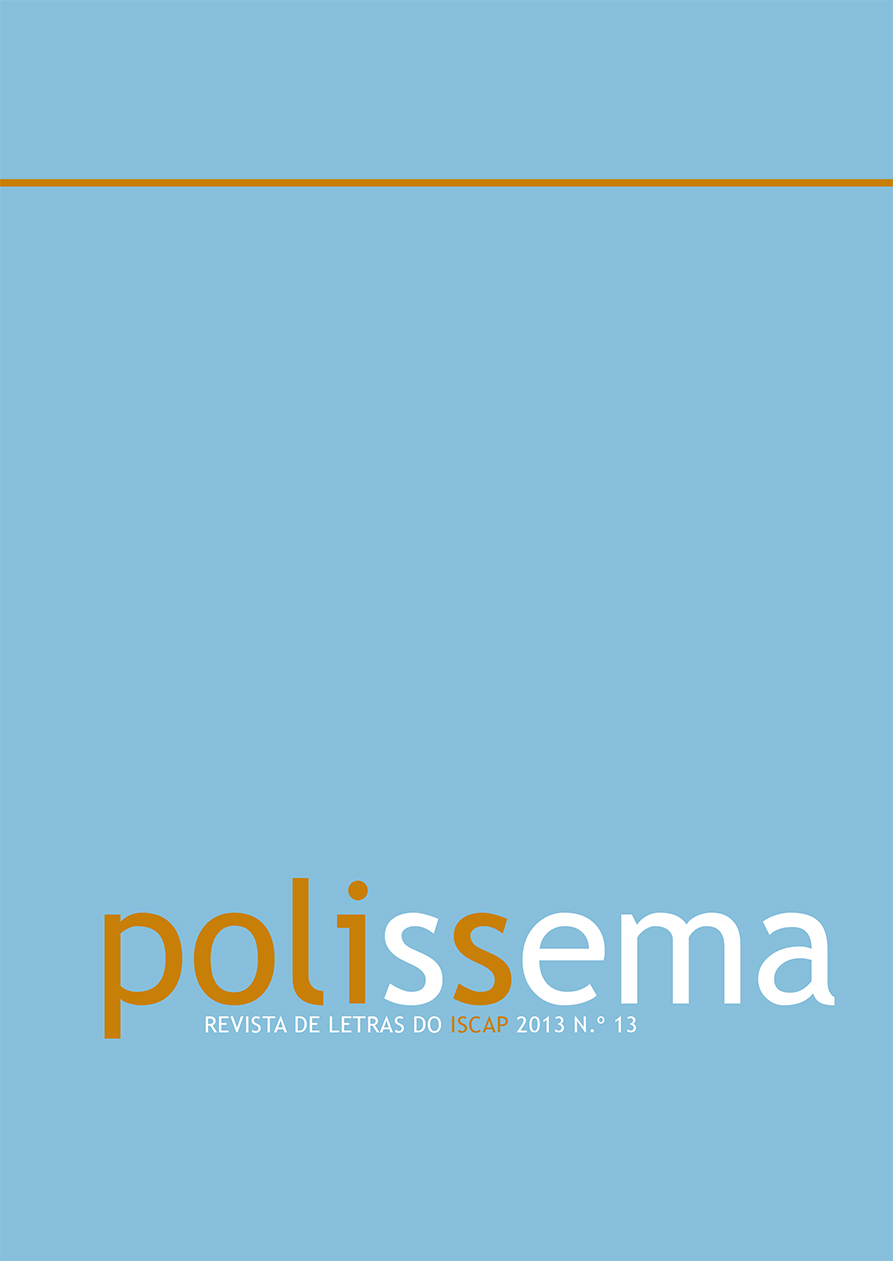INTERCULTURALISM AND MULTILINGUALISM IN LATIN AMERICA
DOI:
https://doi.org/10.34630/polissema.v0i13.3029Keywords:
interculturality, plurilingualisim, language learning, tolerance, educationAbstract
Eugenio Suárez-Galván (2005) in his story ‘Extranjero en el estanco’ says ‘we’re all foreigners in all countries but one’. This statement, interestingly revealing, tries to illustrate the contents of this essay/lecture. If we understand that any human being has the same right to live in any part of the planet , we must agree on the fact that that political and educational administrations will have to provide favourable conditions for this right to be exerted. To this aim , language – the languages- must be considered the first means of cultural identification and communication between human beings.
The experience presented arises from the coordination of various projects of the AECID (Spanish Agency for Cooperation and Development) involving the improvement of teacher education and research in multilingual contexts. Specifically, we have developed the experience in Peru and Dominican Republic, and in regions where the mixing of cultures and languages draws an interesting mosaic for multilingual and intercultural education
Downloads
Published
How to Cite
Issue
Section
License
Copyright (c) 2013 POLISSEMA – ISCAP Journal of Letters

This work is licensed under a Creative Commons Attribution-NonCommercial-NoDerivatives 4.0 International License.


